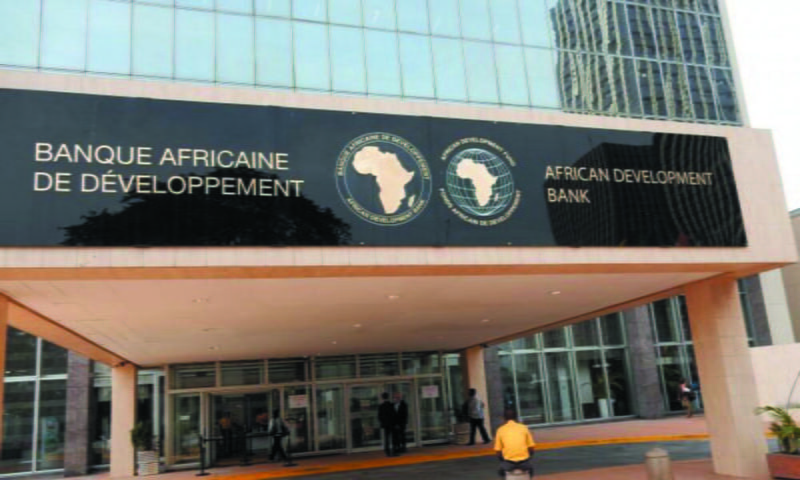Between 2015 and 2024, the African Development Bank (AfDB) mobilized over $12.74 billion to expand access to electricity across the African continent. Thanks to this massive effort, more than 25 million people have been connected to the electricity grid, according to an official note from the institution.
This electrification program is part of a broader ambition, indirectly impacting about 515 million people, including 231 million women — the primary victims of lack of access to energy, emphasizes the AfDB. The institution also reaffirms its commitment to financing $200 million per year for clean cooking solutions for African households, with a targeted goal by 2030.
An underutilized energy potential
Despite the progress made, Africa still has around 600 million people without electricity access, and nearly one billion lacking modern cooking options. For the AfDB, this situation is a major barrier to development. It believes that energy represents not only a fundamental natural asset of the continent but also a strategic lever for sustainably overcoming poverty.
The Bank stresses the importance of intelligently harnessing Africa’s vast resources: solar, hydroelectric, wind, and geothermal. Such an approach could transform low-productivity economies into engines of inclusive and sustainable growth while reducing dependence on external financing.
Tangible results on the ground
Over the past decade, AfDB financing has enabled the construction of nearly 40,000 km of distribution lines and significant expansion of electricity transport infrastructure. In 2024 alone, the Bank supported the production of an additional 1,019 MW and the installation of 2,326 km of transmission lines, allowing approximately 448,000 more people to be connected to the grid.
Among the flagship projects is the Desert to Power initiative, which aims to harness the enormous solar potential of the Sahel to produce 10 GW of photovoltaic energy by 2030 and supply 250 million people across 11 countries, from Senegal to Djibouti.
Towards a global strategic collaboration
The AfDB is also strengthening its international partnerships. In January, during the African Energy Summit in Dar es Salaam, it announced the launch of Mission 300, an unprecedented program conducted in cooperation with the World Bank. This initiative aims to connect an additional 300 million Africans to electricity by 2030, marking a decisive step in the fight against energy poverty on the continent.


